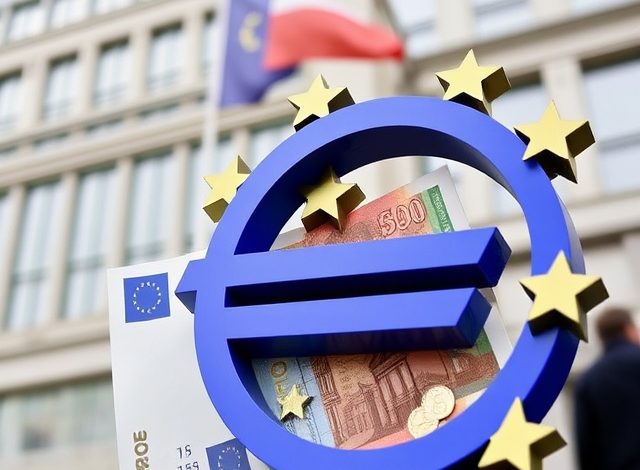Euro falls, dollar rises in year-end holiday trading

The euro fell against the dollar on Thursday as traders curbed bets on further interest rate cuts by the European Central Bank, while broader currency moves were muted in thin U.S. holiday trade.
The Japanese yen fell to 151.58 per dollar but with a 2.1% gain this week, the currency has clawed back losses since the U.S. election and was on track for its best weekly performance in three months. Markets see about a 53% chance of a Bank of Japan rate hike next month.
Overall trading was light as U.S. stock and bond markets were closed for the Thanksgiving holiday.
The dollar index rose to 106.21 after falling to a two-week low of 105.85 in the previous session.
“It’s likely to be a quiet couple of days to end the week but I expect the dollar to rebound as December gets underway,” said Michael Brown, chief research strategist at Pepperstone, adding that Wednesday’s move that took the dollar back below 106 seemed a bit “detached from fundamentals.”
“We’re still talking about US exceptionalism and an incredibly long list of issues in the euro zone and now we have concerns about the French budget this morning.”
The euro was down 0.2 percent at $1.054625 after rallying sharply on Wednesday following hawkish comments from European Central Bank Governing Council member Isabel Schnabel.
The comments prompted investors to back away from expectations of more aggressive rate cuts and buy the single currency, which is on track for its worst month in two-and-a-half years.
German annual inflation held steady in November despite expectations of a second straight rise. That comes ahead of euro zone inflation data on Friday that could offer hints on what the ECB might do next.
Money markets now see just a 13% chance of a 50bp rate cut by the ECB, while expectations were close last Friday. A 25bp move has been fully priced in.
“Today’s eurozone macro data should encourage ECB hawks to push back against a 50bp rate cut in December,” said Carsten Brzeski, head of global macro at ING.
All eyes are also on France’s fragile coalition government, which is struggling to pass a budget.
Holiday calm
The pound was little changed at $1.2666 against the US dollar, while the Swedish krona held firm against the dollar and euro as data showed sentiment among Swedish businesses and consumers rebounded in November.
The Australian dollar recovered from early weakness and edged up to $0.6501. Reserve Bank of Australia Governor Michelle Bullock said core inflation was too high to warrant a near-term interest rate cut.
While major currencies were subdued, there was some movement in emerging markets.
The Russian rouble rose to just above 110 per dollar after losing nearly a third of its value since August after the Russian central bank said it would halt foreign exchange purchases until the end of the year to support the currency.
The Brazilian real touched a record low on concerns about the impact of tax cuts on a strained budget.
The South Korean won fell slightly after the central bank cut interest rates at its second meeting in a row – an outcome that only four of 38 economists polled by Reuters had expected.